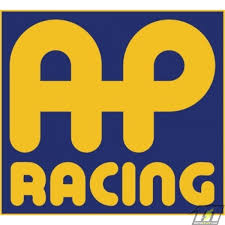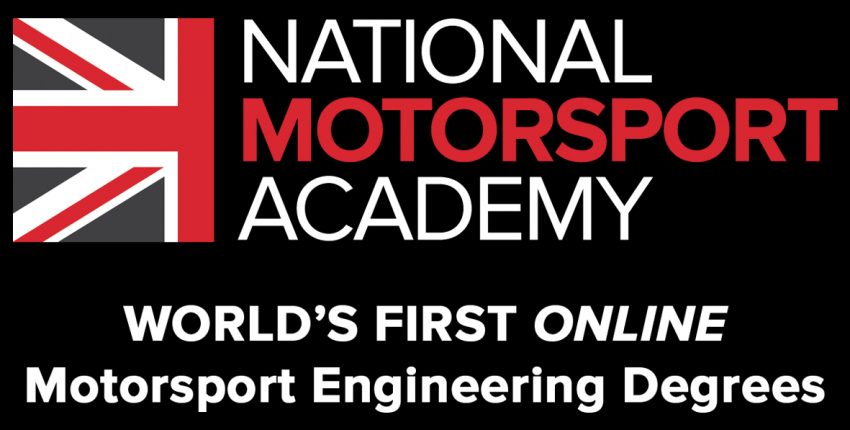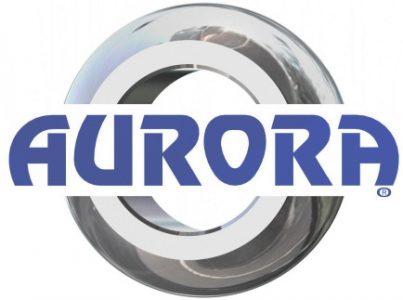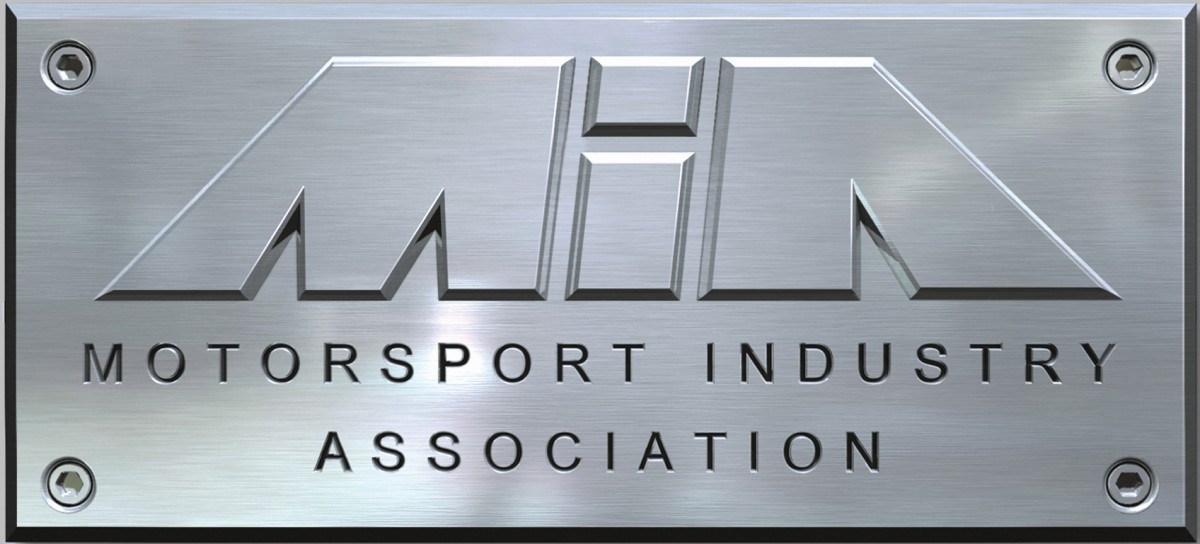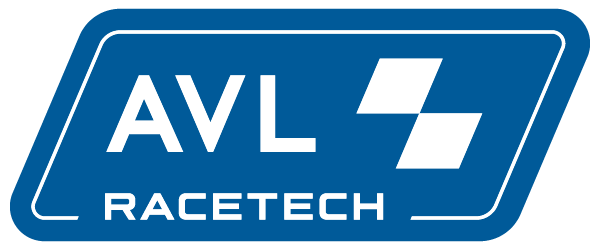Lucas di Grassi confirmed keynote speaker at the World Motorsport Symposium
LUCAS di Grassi, described by British newspaper The Independent in an interview as a “motorsport maverick unafraid to break the mould”, is the keynote speaker at the next World Motorsport Symposium on Tuesday, 3 December.
As correspondent Samuel Lovett wrote, di Grassi is “a member of Mensa, an environmental ambassador for the UN, a championship-winning Formula E driver, a polyglot– there’s more than meets the eye to the Brazilian.”
He is also chairman of Roborace and the owner and founder of EDG, a company specialising in lightweight electric bicycles with a 100 km range. Di Grassi was the first driver to commit to the ABB FIA Formula E Championship, playing a pivotal role alongside the series’ founder and CEO Alejandro Agag. He also had a key role in the development of the original spec car that was used in the inaugural season and in 2016 and became Formula E champion in Season 3.
The Brazilian believes passionately that motorsport has a role to play in helping create a more sustainable environment, but that it will have to adapt to developing technologies that are relevant. The alternative is that it will become like basketball – just entertainment.
“Motorsport has to adapt to what industry thinks is relevant otherwise the big financial investments that go into it will disappear,” di Grassi said. “Motorsport will continue to survive as a pure sport, but not in the same way that it has traditionally done, which is to be an advanced research and development partner, especially for the automotive industry in the past.
“My analogy goes back to horse racing. When the horse was the common form of transport, horse racing was the biggest sport on earth, but when they were replaced by the car, while horse racing still remained popular, the general public no longer felt connected to the horse, and motorsport will be similar. With less people driving, especially the young not caring about having a driving licence, and in the future people will be more or less obliged to ride in autonomous cars, that connection will be lost. Looking at the long-term future of motorsport, I cannot see traditional motorsport being more relevant than it is today.”
Di Grassi quantifies this by saying how motorsport is at the forefront of developing advanced materials, lighter materials, nanotechnology, lightweight construction, advanced manufacturing techniques and safety among other technologies. “The decision needs to be made by the rule makers whether they want the sport to be relevant to other industries and allow teams to develop technologies that could then be useful to other industries. However, such things come at a cost as we know in Formula 1 in particular.”
While di Grassi cares passionately about motor racing and the future, he is still a racer at heart. He competed in the Million Race in Interlagos at the end of August, a Brazilian stock car race where he had the heartache of his win cancelled and the $250,000 prize money with it after it was deemed that he had illegally overtaken his team-mate to retake the lead.
“Motorsport will always be around and as the public roads become more congested and controlled, the natural outlet is the race track – and that’s a very good thing as it leads to greater awareness, healthier club racing and ultimately more employment,” he said.
Lucas di Grassi is the keynote speaker at the World Motorsport Symposium on Tuesday, 3 December at the Institution of Engineering and Technology, London. To book your tickets, go to www.worldmotorsportsymposium.com





